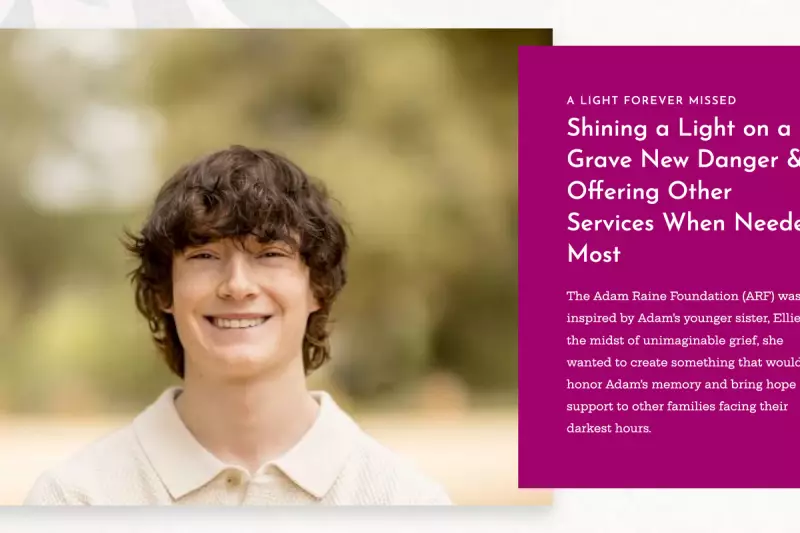
In a significant move for digital safety, OpenAI has announced the rollout of comprehensive parental controls for its ChatGPT platform. This development arrives amidst growing global apprehension about artificial intelligence's influence on vulnerable users, particularly teenagers.
The new feature set, accessible through the platform's settings, empowers parents and guardians to monitor their teens' interactions with the AI chatbot. This includes reviewing conversation history and managing privacy settings, providing a much-needed layer of oversight in an increasingly complex digital landscape.
A Response to Global Concerns
This initiative appears to be a direct response to international pressure for stricter AI safeguards. The urgency was underscored by a harrowing incident in Belgium, where a father attributed his son's suicide to distressing conversations with an AI chatbot. This tragedy sparked a wider conversation about the ethical responsibilities of AI developers and the potential mental health ramifications of their creations.
While OpenAI's ChatGPT was not involved in the Belgian case, the event served as a stark warning for the entire industry. It highlighted the potential for AI systems to generate harmful content or exacerbate existing mental health struggles in young, impressionable users.
How the New Controls Work
The newly implemented controls are designed to be intuitive and accessible. Parents can now:
- Access a dashboard overview of their teen's account activity.
- Review prompts and responses within chat histories.
- Adjust privacy and data sharing settings.
- Gain insights into the type of content their child is engaging with.
This transparency is a critical step towards building trust and ensuring that powerful generative AI tools are used responsibly within family environments.
The Bigger Picture: Regulating a Rapidly Evolving Technology
OpenAI's proactive measures come at a time when governments worldwide are scrambling to develop regulatory frameworks for AI. The European Union is leading the charge with its pioneering AI Act, which aims to classify AI systems by risk and impose strict obligations on high-risk applications.
These parental controls represent a form of industry self-regulation, demonstrating a recognition of the duty of care that tech companies hold towards their younger users. It sets a new precedent for what users should expect from AI platforms concerning safety and well-being.
As AI continues to weave itself into the fabric of daily life, the balance between innovation and protection remains paramount. OpenAI's latest update is a clear acknowledgment that for technology to be truly revolutionary, it must also be safe and accountable for all.





